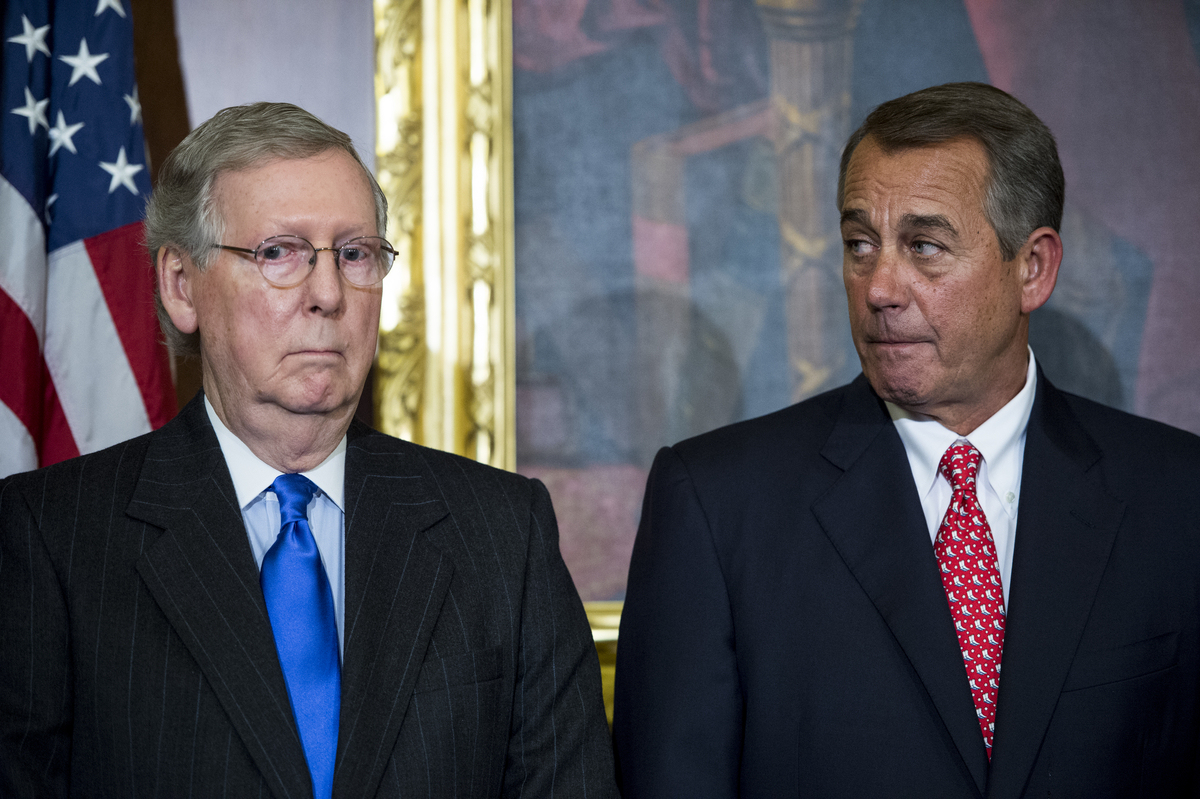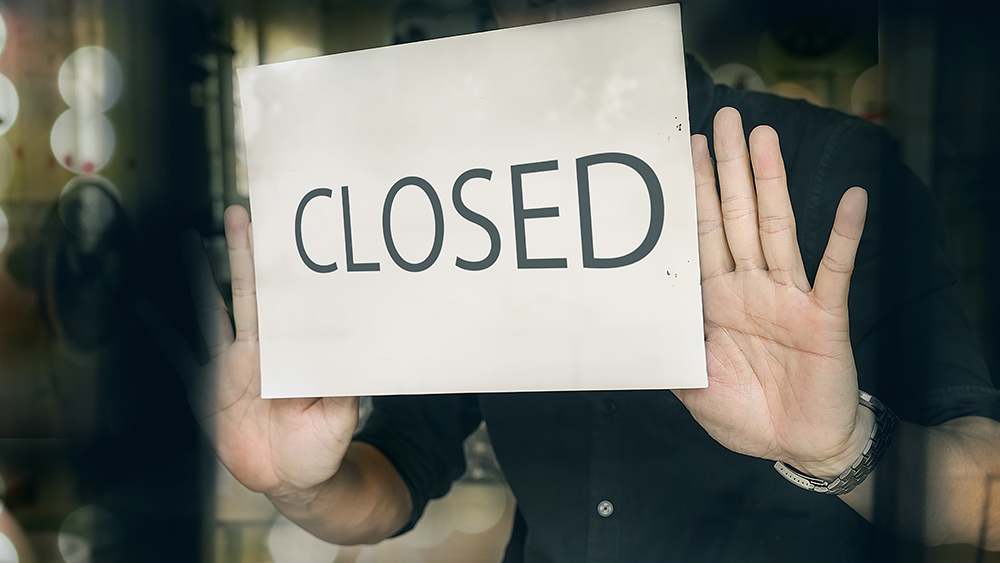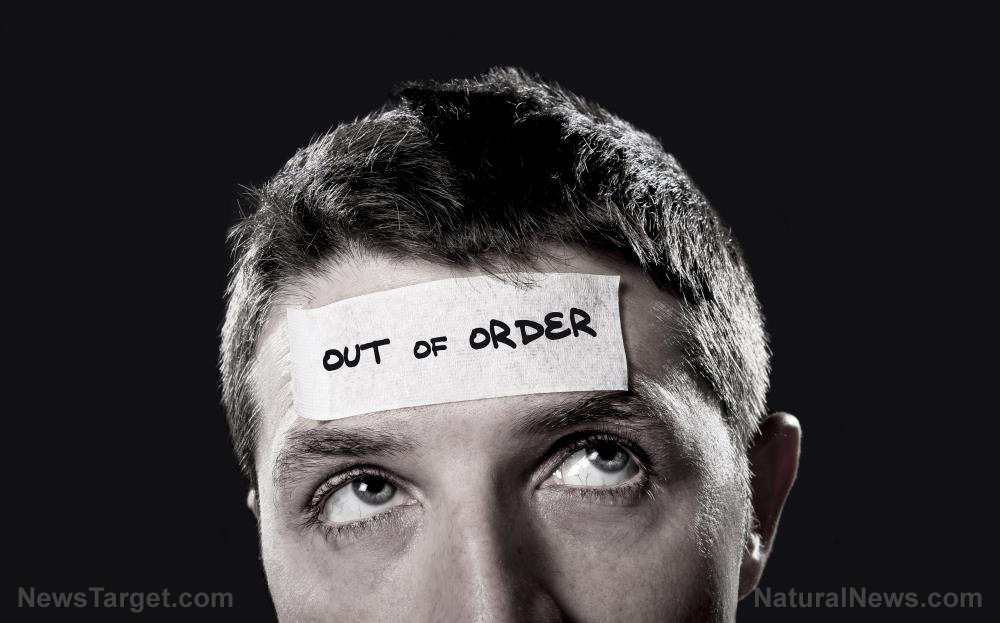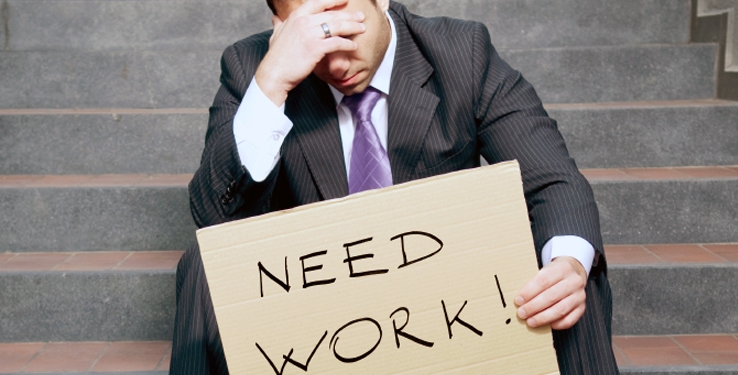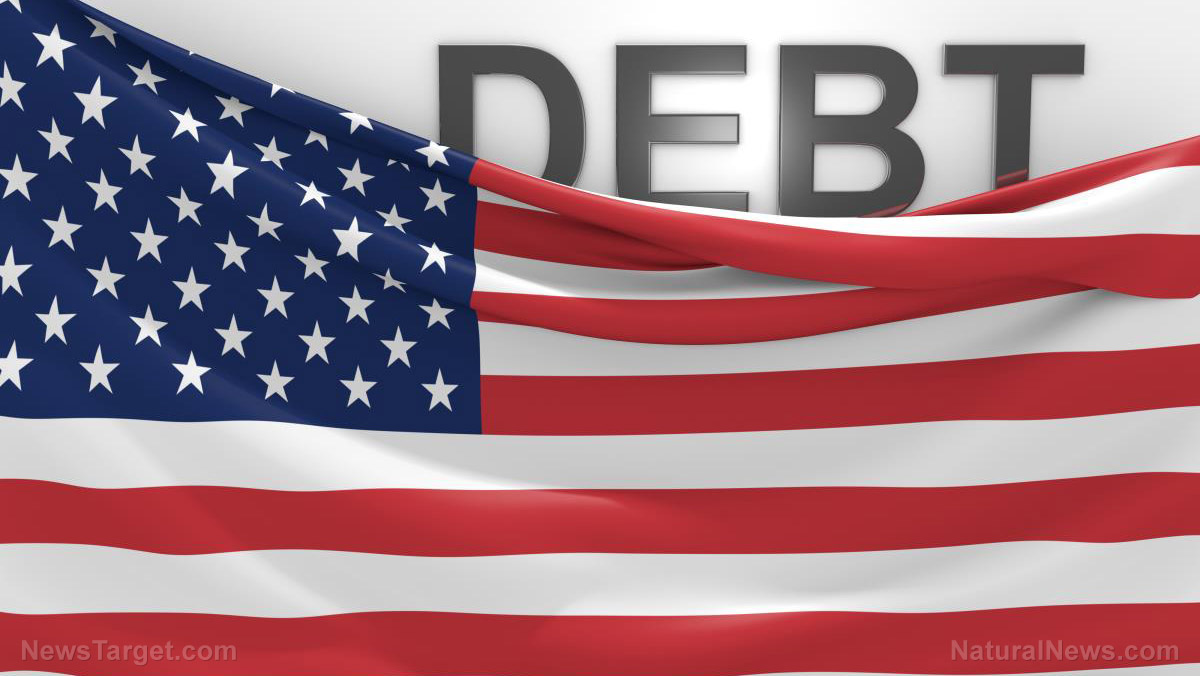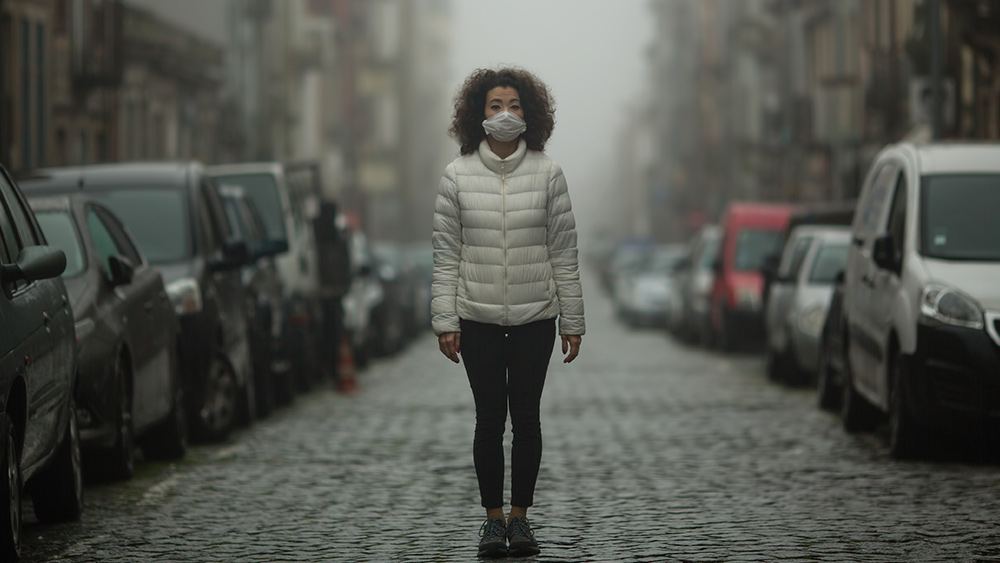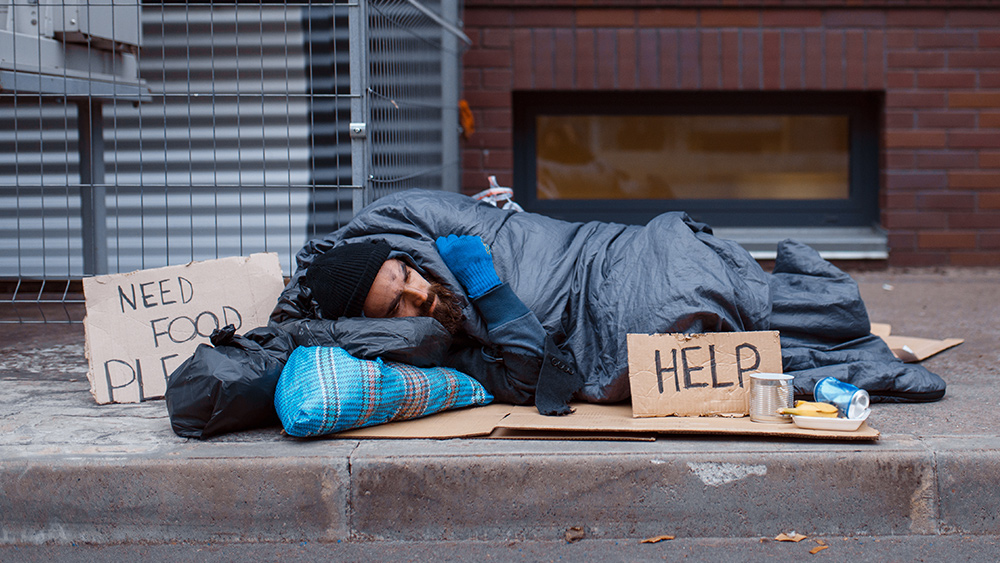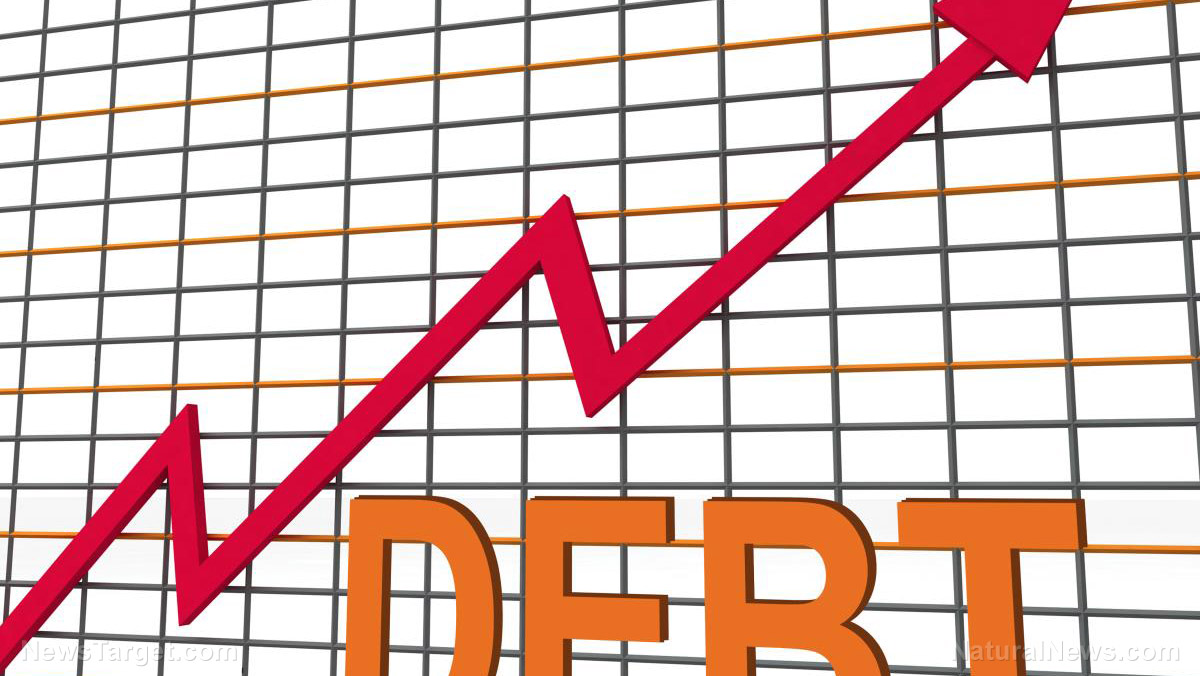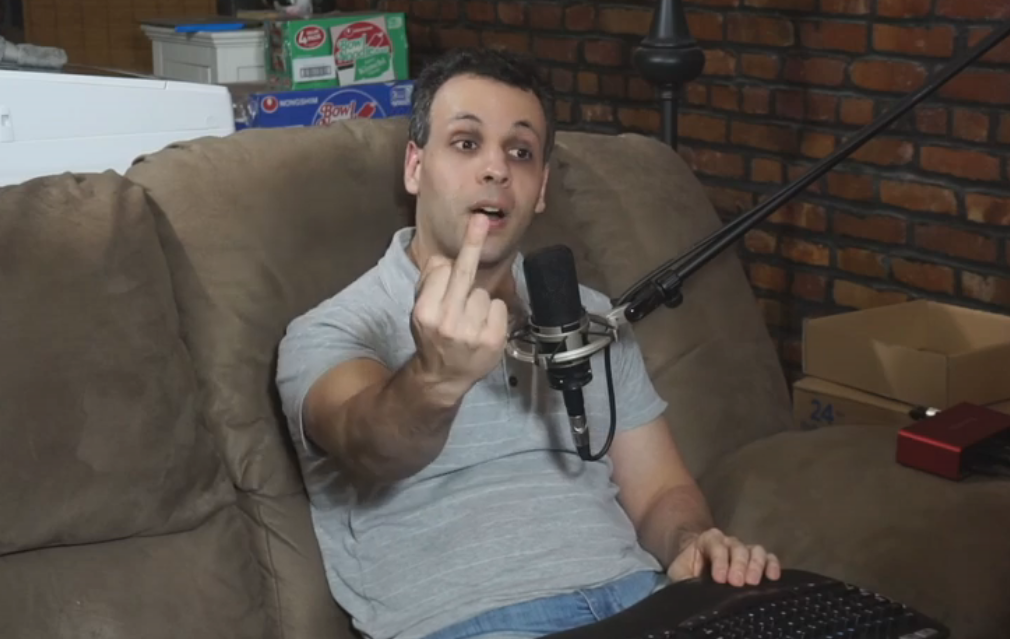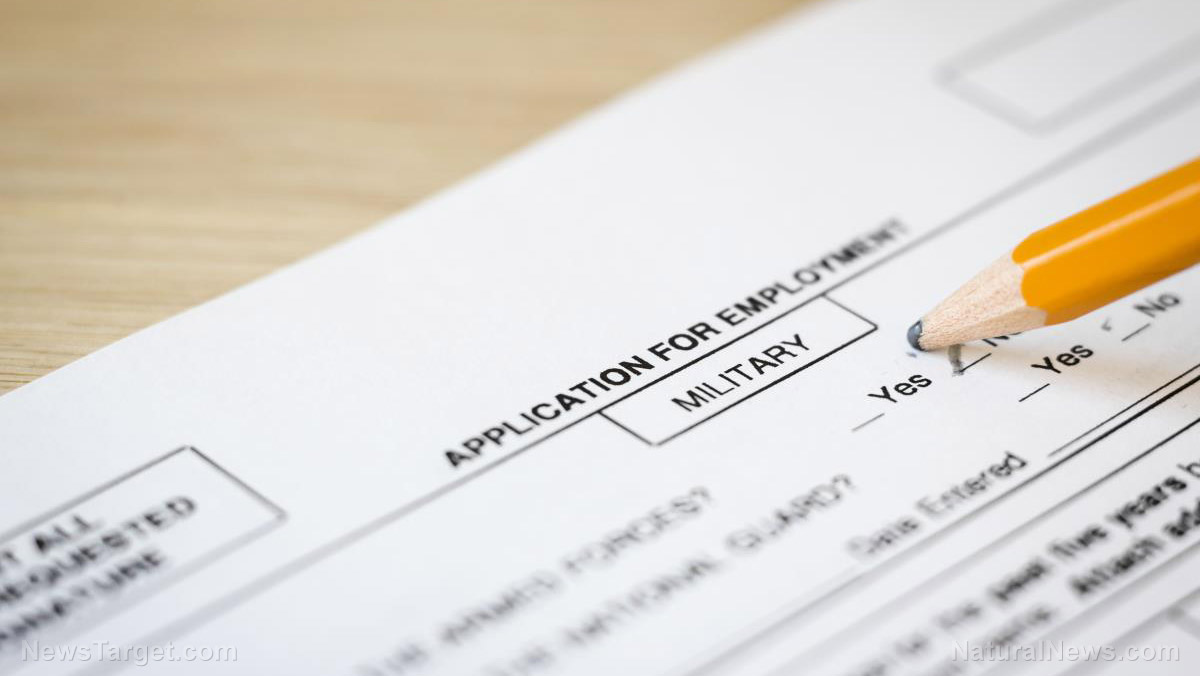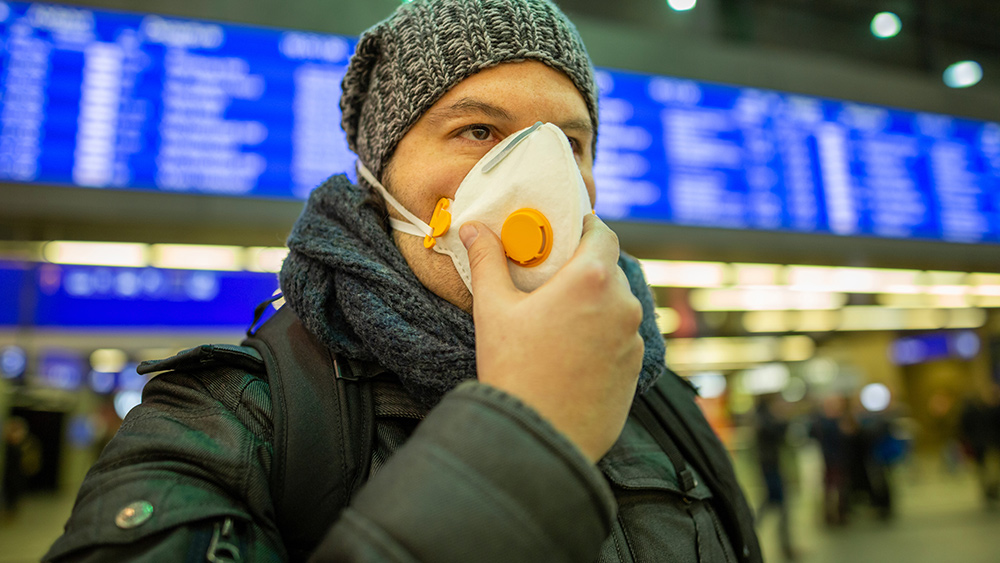New CARES Act only cares about big corporations – local restaurants walk away with NOTHING
04/23/2020 / By Ralph Flores
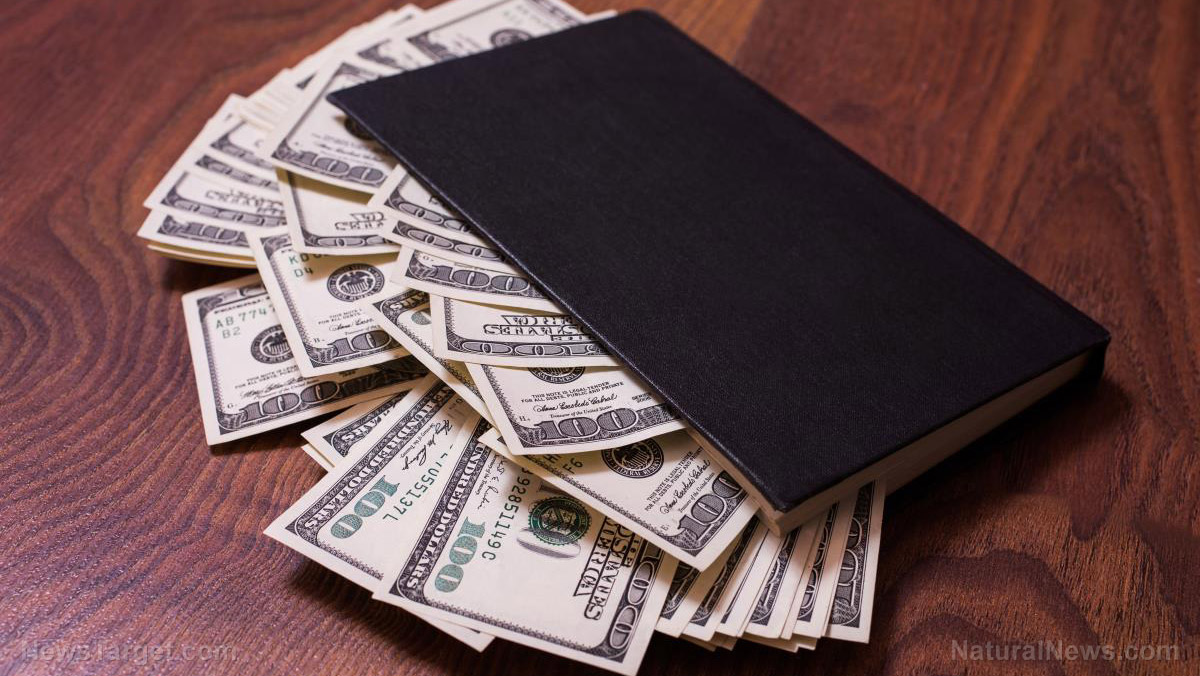
The coronavirus (COVID-19) may have currently infected over 830,000 Americans and caused 45,638 deaths, but that won’t stop corporations from making sure they come out on top – even if it means taking money meant for smaller businesses.
Case in point: Big restaurant chains like Shake Shack, Potbelly and Ruth’s Chris Steak House walk away with tens of millions of dollars, while mom-and-pop places and other smaller restaurants are left with nothing, thanks to a single paragraph in the recently passed Coronavirus Aid, Relief, and Economic Security Act.
With these establishments left out of the new law, ironically dubbed the CARES Act, they’re left with a slim chance of surviving the economic onslaught of the COVID-19 pandemic. A survey by the James Beard Foundation and the Independent Restaurant Coalition revealed that over 80 percent of independent restaurant owners who participated said that the CARES Act and the Paycheck Protection Program (PPP), which provides loans to small businesses to cover eight weeks’ of salaries, can’t save them.
The move has caused widespread outrage among independent owners. Many small and vibrant restaurants will collapse in the wake of the pandemic, leaving big chains behind and employees from over 60 percent of local restaurants unemployed, according to a survey by the National Restaurant Association.
“The big guys get bailed out, and the little guys don’t,” said Danny Abrams. He just recently laid off all 310 of his employees across six restaurants he owns in New York.
Listen below as Mike Adams, the Health Ranger, talks about how the COVID-19 pandemic could signal the start of an economic collapse.
Gaming the system
Shake Shack – a publicly traded company with 189 outlets and over 8,000 employees in the country – announced on Sunday that it would return the $10 million loan it got from the federal coronavirus aid program, saying the PPP had been carried out unevenly. Still, the company’s move might have come too late, with the program running out of funds last week, leaving many restaurants and small businesses grasping for a lifeline.
This was the case for John DiBella, owner of the watering hole PJ Carney’s, as he applied for funding the same day that the program began accepting applications – but got nothing.
“Shake Shack got the money; they just opted to return it,” he said. “I would like to have that option.”
The restaurant industry is among the hardest-hit industries by the pandemic, reporting $30 billion in losses in March. Many in the industry are steeling for even bigger figures, with a projected $50 billion in losses in April and a whopping $240 billion loss by the end of the year. With small business owners taking the brunt of the losses, many are concerned that a fine print in the newly enacted law has ended up helping large chains.
Buried deep in the nearly 900-page stimulus package is a section that lists which businesses qualify for the loan. In particular, businesses with less than 500 people are eligible for the loan, provided they do not lay off workers or, if they decide to furlough them, rehire them by June 30.
That provision looks great, except for a crafty subsection that says restaurant and hotel chains with no more than 500 employees “per physical location” are also eligible for the loan – a provision lobbied by restaurant and hotel trade associations.
This meant that Potbelly, a chain of 400 restaurants, was able to get $10 million from the coronavirus relief program. The parent company of Ruth’s Chris Steak House, Ruth’s Hospitality, a company that employs more than 5,000 workers in over 150 locations in the country, nabbed $20 million by seeking loans for two separate subsidiaries. It’s worth noting that the company made $24 million in profit on $468 million in revenue last year – and that it has furloughed a “significant number of field and home office team members.”
To add to their trouble, fast-food companies have also given their franchisees a leg up, employing “franchisee liquidity teams” to walk owners through the loan application process. (Related: Massive fraud alert: Coronavirus “recovery” bill gives Fed control over $450 billion in SECRET — who’s going to get this money?)
“The CARES Act is several hundred pages. These are complicated, technical regulations,” explained Jose Cil, CEO of Restaurant Brands International, which owns Burger King and Popeyes. “So our teams are quickly becoming expert at that.”
For Abrams, the scenario feels eerily similar to what he experienced during the 2008 financial crisis, when the federal government stepped in and bailed out big banks and left small businesses languishing.
“It felt a little bit like deja vu,” he said.
Learn more about the latest about the economic impact of the coronavirus outbreak at NewsTarget.com.
Sources include:
Tagged Under: bail, bailout money, bailouts, business loans, CARES Act, Collapse, coronavirus aid program, corporations, covid-19, economics, economy, financial crisis, fraud, government, loans, outbreak, pandemic, restaurants, risk, SBA, small businesses, unemployment
RECENT NEWS & ARTICLES
COPYRIGHT © 2017 MARKET CRASH NEWS

